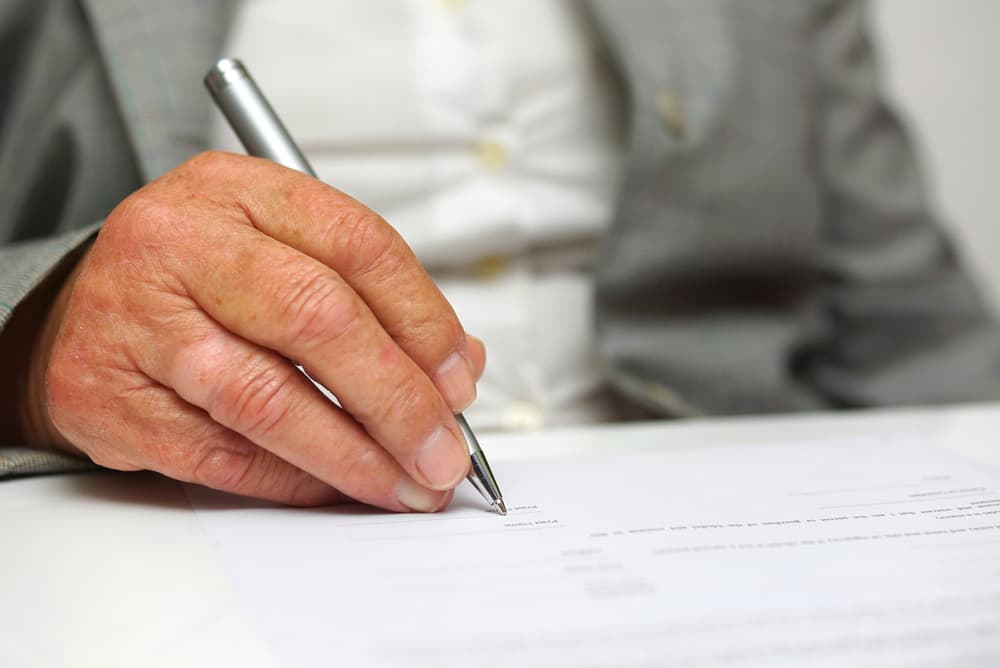What Is Power Of Attorney? Role, Benefits And Risks
A “Power of Attorney” is a document that authorises a person to manage things and make decisions on somebody else’s behalf
A “Power of Attorney” is a document that authorises a person to manage things and make decisions on somebody else’s behalf

What Is Power Of Attorney
A Power of Attorney (POA) is a document authorizing a person to manage things and make decisions on someone else’s behalf when the person cannot do so by themself. It is an essential step in planning to protect against situations like unexpected hospitalization or age-related issues, where someone else must handle them for you.
Advertisement
Generally, the spouse or the children make decisions in such situations. But if things happen suddenly, it could be difficult for the family to handle everything as there could be differences in opinion regarding financial matters, medical needs, etc.
Advertisement
It may get more complicated for singles if there is no one to take action on their behalf. So, appointing a person to do the work on their behalf may be the right step.
Let us understand more about the Power of Attorney (POA) and its role.
Who Are The Parties In POA?
The person who appoints a POA and delegates authority to act on their behalf is the ‘Principal’, and the individual to whom the power has been delegated is referred to as ‘Attorney’.
Why Appoint A POA?
Advocate Aastik Dhingra of Dhingra Legal Associates says, “The simple answer to this is ‘Convenience’. The need for entering into agreements/contracts (for) day-to-day actions in social as well as commercial fields has become a common and necessary feature of the modern lifestyle. Through (the) appointment of Attorneys, one can get a lot of work done with ease.”
A POA can take care of your needs as you want. It is a helpful tool if one travels frequently and is not available to manage financial and legal matters where physical presence is required. The attorney can work and make decisions in your best interest.
For seniors who suffer from chronic illnesses and need hospitalization from time to time, a POA may help manage their health affairs. The POA attorney could save you and your family members from the hassles as you have appointed a trusted person to take care of affairs. Note that a POA does not have to be from outside the family. The spouse or other family member can also be delegated authority under the POA.
What Should You Be Careful About?
While a POA has benefits, one must apply utmost care in choosing a responsible person for the role because you are sharing your decision-making power with the other person. If the attorney does anything wrong, you will be accountable.
Says Dhingra, “The biggest con of a POA is its misuse by the Attorney. The General Power of Attorneys are prone to challenges considering the wide scope it may entail. Therefore, it is better to have a specific power of attorneys whose scope is well defined.”
POA Revocation
POA is not a decision inscribed in stone. The principal (who delegates the authority) can revoke the POA document by giving a written notice to the attorney. The revocation automatically happens when the principal dies. If the spouse has the POA, the cancellation happens if they divorce. Also, if the POA is for a specific purpose, it gets revoked when the goal is fulfilled. To avoid misuse, you can limit the scope of authority in the POA and seek legal advice to safeguard against any probable misuse.
Also, note that even if a POA is around, you can still manage the delegated affairs yourself.
Advertisement
An individual’s immovable or movable assets like a house, a car, cash, jewellery, shares, insurance policies, outstanding debts, etc., can be part of estate planning.
Parents should ensure a water-tight gift deed to avoid complications when gifting properties.
The Bombay High Court has upheld a lower court’s decision to revoke two gift deeds executed by a woman after her son refused maintenance
Get all the latest stories delivered to your inbox
Advertisement
Get all the latest stories delivered to your inbox